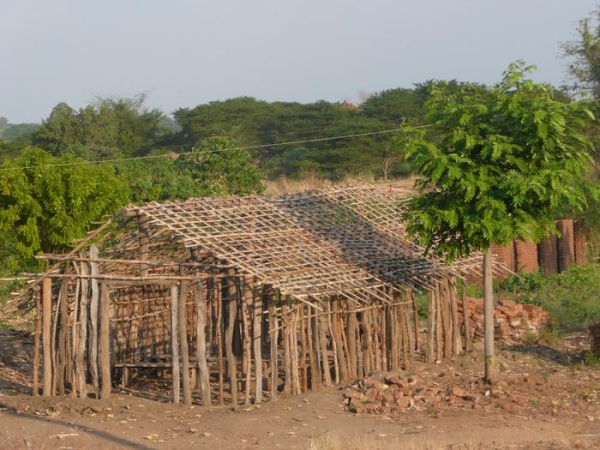Biodiversity conservation delivers enormous global economic benefits, but net benefits vary widely for different groups of people - with international stakeholders gaining most, and local rural communities bearing substantial costs.
Biodiversity conservation delivers enormous global economic benefits, but net benefits vary widely for different groups of people - with international stakeholders gaining most, and local rural communities bearing substantial costs.
These are the findings of a decade-long study into the costs and benefits of conserving the forests and woodlands of Tanzania’s Eastern Arc Mountains - a global biodiversity hotspot estimated to provide nature-based benefits to the world equivalent to US $8.2 billion.
Climate regulation is the primary global benefit from protecting large areas of tropical forest. And although the people living near these forests feel some of this benefit, they also bear substantial conservation costs – particularly through the loss of potential income gained by clearing trees to expand farming.
Read more at: University of Cambridge
People living near the Eastern Arc Mountains use poles collected from the forests to build their homes. (Photo Credit: Marije Schaafsma)






